Latest News
Ghani: Terrorists Uses Pakistan Territory Against Afghanistan
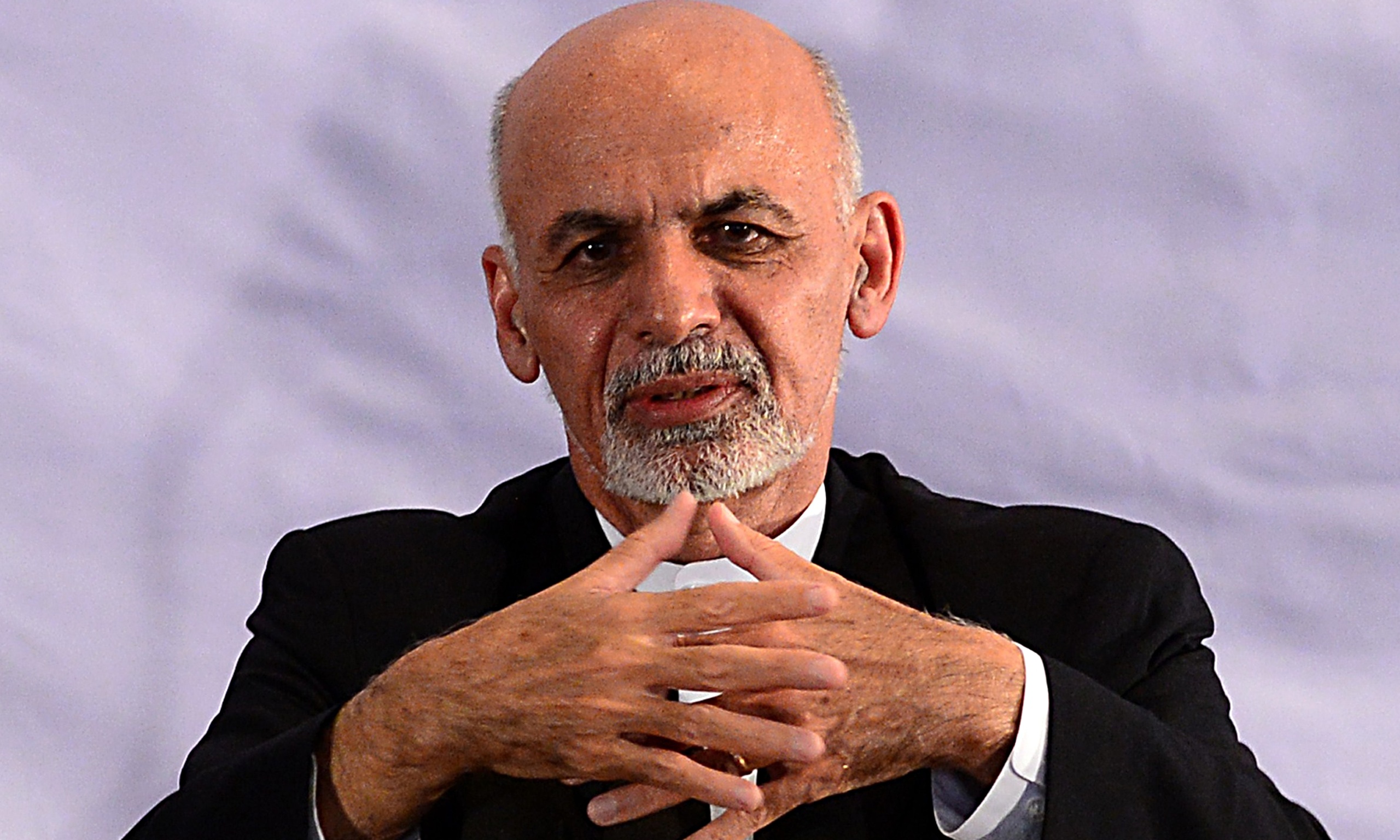
President Ashraf Ghani in his meeting with ambassadors of foreign countries said that Pakistan’s action against terrorists in the coming weeks will determine the relations between Afghanistan and Pakistan.
Ashraf Ghani summoned ambassadors of foreign countries to Presidential Palace to remind them the involvement of Pakistan in Afghanistan affairs too.
He told the foreign ambassadors that Shah Shahid suicide attack was designed and planned in Pakistan.
The National Unity Government leader emphasized that terrorist uses Pakistan against Afghanistan and Pakistan must understand the sensitivity of the issue and take serious measure against them.
Pakistan’s relations with Afghanistan at the government level have been problematic for historical and geo-political reasons.
Previously, President Ashraf Ghani and Chief Executive of Afghanistan Abdullah Abdullah strongly criticized Pakistan government for sheltering terrorism on its soil and asked Islamabad to rein in Taliban.
Then Pakistani officials reacted to the comments by President Ghani and stated that Pakistan can feel the pain of Afghanistan but Pakistan itself is a biggest victim of terrorism.
Currently, the major source of friction between the two countries is Afghanistan’s misplaced allegation that Pakistan has been supporting cross-border infiltration and is assisting the Taliban and militant forces to gain influence. Islamabad vehemently denies these allegations and considers it as a tactic by Kabul to divest itself from its own responsibilities and failures.
When everything’s factored in, Pakistan’s dual approach towards Afghanistan in cooperating with the Afghan state and the Taliban simultaneously is a well thought-out strategy. It’s giving Pakistan traction in pursuing the politics of space currently going on in Afghanistan.
“We have specific demands from Pakistan to clear its position against Afghan government,” Zafar Hashemi, deputy spokesman of President said.
Meanwhile, Afghan analysts praised President Ghani’s action against Pakistan; emphasizing this action will put Afghanistan in a better position.
Deputy of Wolesi Jirga- the lower house of Parliament is said to believe that according to the diplomatic relations, foreign countries are obliged to support Afghan government position.
“Whenever a foreign country obviously interferes in our country, other foreign countries must support Afghanistan’s position,” Nazir Ahmad Ahmad Zai, deputy spokesman of Wolesi Jirga said.
He further added that the Parliament will hold an extraordinary session to support President Ghani’s position against Pakistan.
This comes as US ambassador in a meeting with the chief of executive officer, Abdullah Abdullah said that his country support Afghanistan’s recent position against Pakistan.
He stressed that America will never abandon Afghanistan in war against terrorism.
Since the Taliban’s 2001 ouster, Afghan insurgents have found safe havens in Pakistan. The command and control of the three main militant groups – Mullah Omar’s Shura (council), Gulbuddin Hekmatyar’s Hizb-e Islami and the al-Qaeda-linked Haq¬qani network – are based in and operate from Pakistan. These havens have and could continue to undermine Afghanistan’ efforts to confront the insurgency after the security transition in December 2014.

Latest News
Afghanistan’s Chief of Armed Forces underscores readiness and equipment for national defense
The ceremony marked the eighth graduation from the 313 Central Corps Training Center, with 153 soldiers officially completing their training.
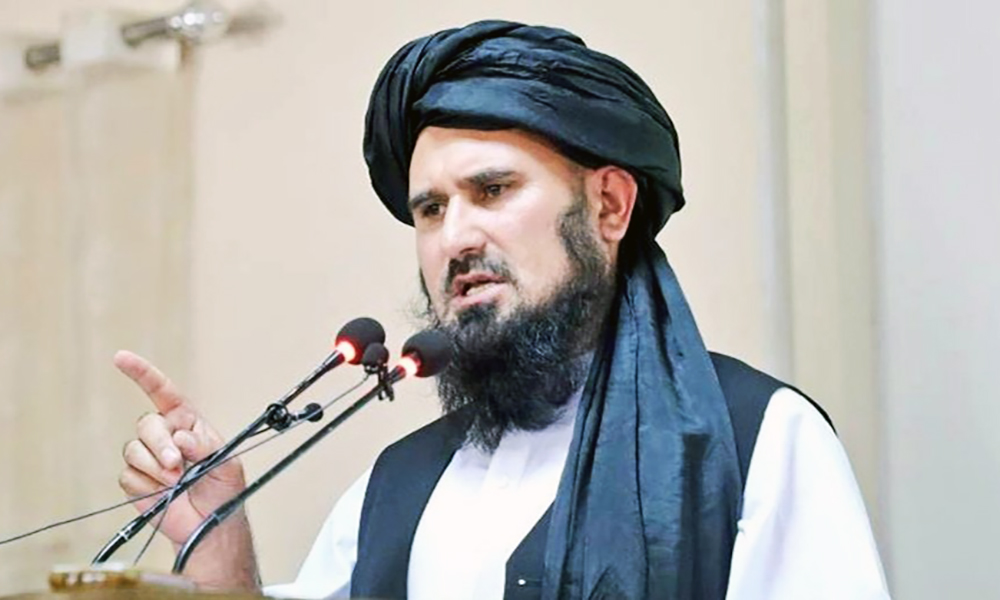
Afghanistan’s Chief of Armed Forces, Fasihuddin Fitrat, has emphasized the vital importance of military readiness and proper equipment.
Speaking at the graduation ceremony of 153 personnel from the 313 Central Corps, Fitrat stressed that preparedness is essential to defend against those who challenge the unity, strength, and honor of the Islamic system and the Afghan people.
He highlighted that even during past sensitive and challenging conditions, the Islamic Emirate maintained fully trained and equipped forces.
The Ministry of Defense reiterated that maintaining readiness and proper armament is both a religious and national duty. Leaders of the Islamic Emirate have historically ensured that their forces remain prepared under all circumstances, the ministry added.
The ceremony marked the eighth graduation from the 313 Central Corps Training Center, with 153 soldiers officially completing their training.
Officials highlighted that the Islamic Emirate continues to prioritize the comprehensive readiness of its forces to counter any potential threats to national security.
Latest News
Kazakhstan and Uzbekistan shift to opportunity-focused approach on Afghanistan; regional cooperation highlighted
Esmatullah Ergashev, Uzbekistan’s special representative for Afghanistan, noted that Central Asian countries plan to advance joint projects in Afghanistan and further expand regional cooperation.
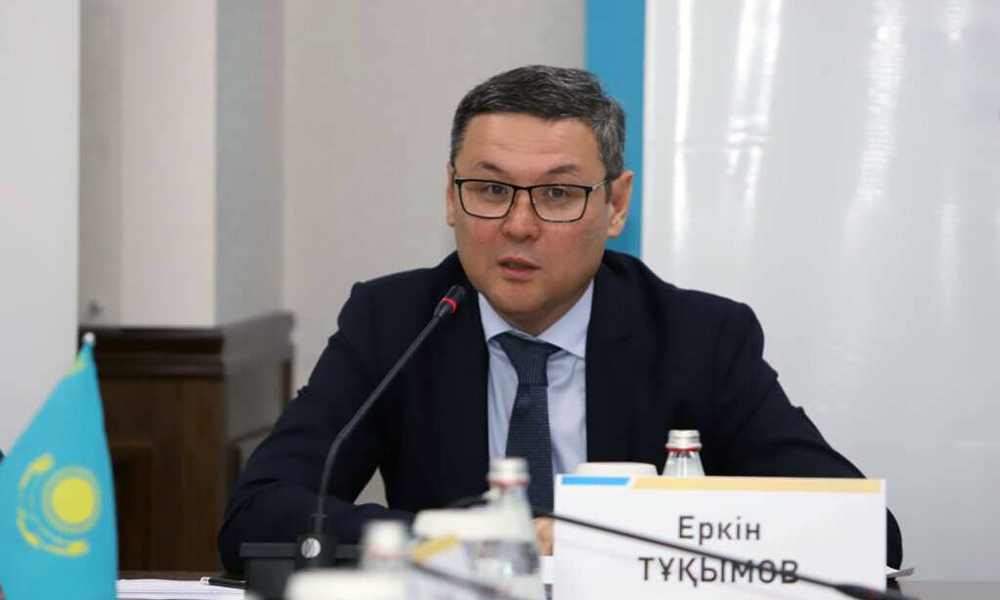
Astana recently hosted an extraordinary meeting of the Regional Contact Group on Afghanistan, bringing together representatives from Kazakhstan, Kyrgyzstan, Uzbekistan, and Tajikistan to discuss regional engagement and cooperation with Afghanistan.
Yerkin Tokumov, Kazakhstan’s special presidential representative for Afghanistan, said the country is moving away from viewing Afghanistan solely as a security concern and is adopting an opportunity-driven approach.
He stressed the importance of strengthening political, economic, trade, and transit ties, highlighting Afghanistan’s role as a strategic bridge between Central and South Asia.
Esmatullah Ergashev, Uzbekistan’s special representative for Afghanistan, noted that Central Asian countries plan to advance joint projects in Afghanistan and further expand regional cooperation.
The meeting underscores a growing consensus among Afghanistan’s neighbors to leverage opportunities for partnership, aiming to foster regional stability, enhance economic integration, and support sustainable development initiatives in the country.
Latest News
Da Afghanistan Breshna Sherkat extends electricity import agreement with Iran for 1405
Afghanistan remains heavily dependent on imported electricity, with a significant share of its power supplied by neighboring countries including Iran, Uzbekistan, Turkmenistan, and Tajikistan.
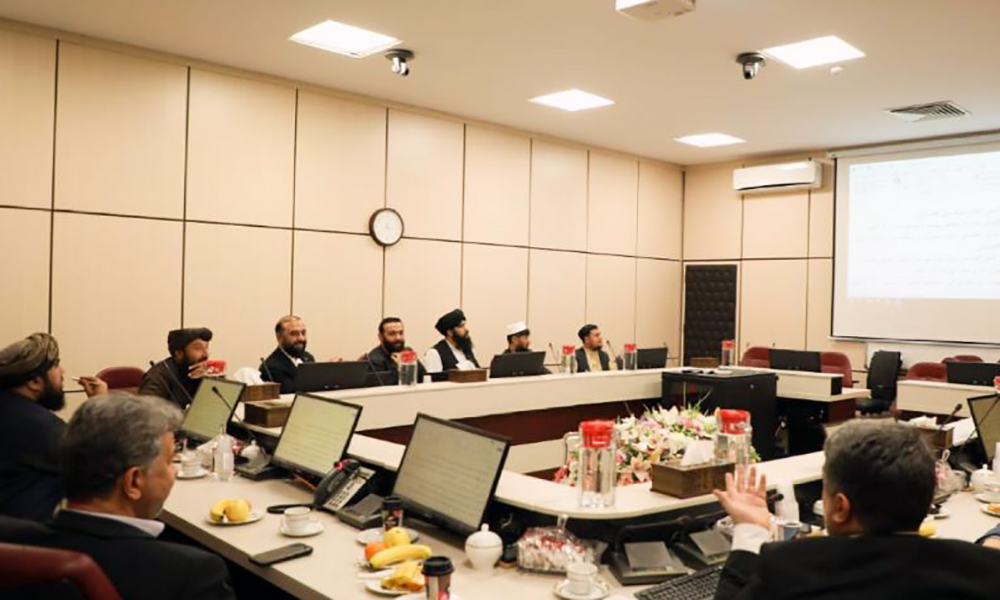
Da Afghanistan Breshna Sherkat (DABS), Afghanistan’s national power utility, has signed an agreement with Iran to continue importing electricity for the solar year 1405 (2026–2027), as part of efforts to stabilize power supplies amid growing domestic demand.
The agreement was signed during an official visit to Iran by a high-level DABS delegation led by its Chief Executive Officer, Alhaj Mullah Abdul Haq Hamkar.
The delegation held extensive meetings with Iranian energy officials in Tehran, focusing on the extension of existing power purchase arrangements as well as broader cooperation in electricity transmission and infrastructure development.
According to DABS, the discussions also addressed technical coordination, capacity expansion, and the reliability of cross-border electricity transmission lines linking the two countries. The visit was conducted at the invitation of Tavanir, the Iranian state organization responsible for electricity generation, transmission, and distribution.
Afghanistan remains heavily dependent on imported electricity, with a significant share of its power supplied by neighboring countries including Iran, Uzbekistan, Turkmenistan, and Tajikistan.
Domestic power generation covers only a fraction of national demand, particularly during winter months and periods of peak consumption, making long-term import agreements critical for maintaining supply to urban centers and industrial zones.
DABS officials said sustained engagement with regional electricity-exporting countries has helped strengthen energy cooperation and improve procurement planning.
The extension of the agreement with Iran is expected to support energy security, reduce supply disruptions, and provide greater predictability for Afghanistan’s power sector as authorities continue to explore domestic generation and renewable energy projects.
-
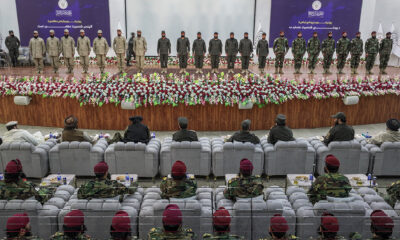
 Latest News2 days ago
Latest News2 days agoAfghanistan’s defense ministry unveils new military uniforms for armed forces
-
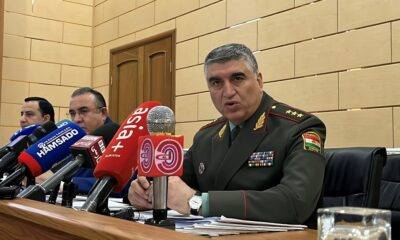
 Latest News3 days ago
Latest News3 days agoTajikistan: Recent attacks from Afghanistan aimed at damaging our relations with China
-

 Latest News4 days ago
Latest News4 days agoUN warns mass return of Afghans from Pakistan and Iran is pushing Afghanistan to the brink
-
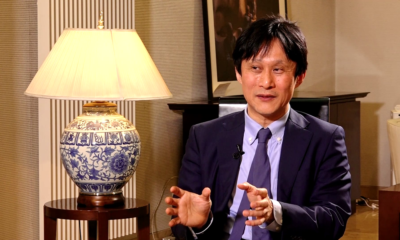
 Latest News4 days ago
Latest News4 days agoJapan maintains direct contacts with IEA officials through Kabul Embassy
-

 Business3 days ago
Business3 days agoIran–China rail link via Afghanistan proposed to cut transit time
-
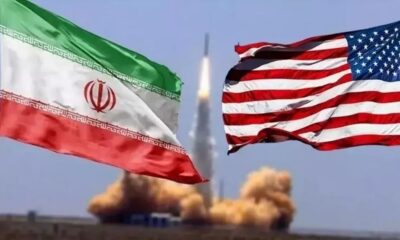
 Latest News3 days ago
Latest News3 days agoIran would prevail in potential conflict with the United States, says IEA spokesman
-

 Latest News4 days ago
Latest News4 days agoTrump: U.S. withdrawal from Afghanistan ‘looked like running’
-
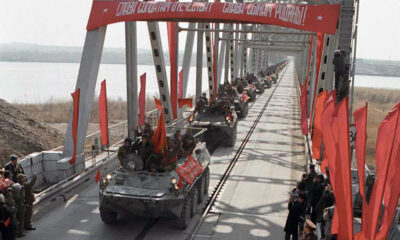
 Latest News3 days ago
Latest News3 days agoIEA marks 37th anniversary of Soviet withdrawal from Afghanistan

















